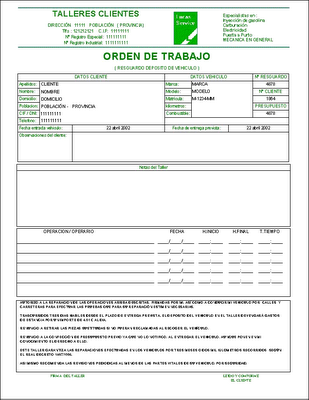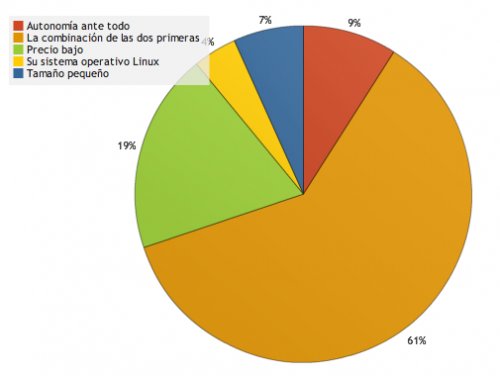 Marine biology is the scientific study of the set of organisms and species that inhabit the aquatic environment. It must be taken into account that our planet is made up of two-thirds of water and there are millions of living beings that live in this natural environment.
Marine biology is the scientific study of the set of organisms and species that inhabit the aquatic environment. It must be taken into account that our planet is made up of two-thirds of water and there are millions of living beings that live in this natural environment.
Marine biology is framed in a series of general coordinates: biological and geological, oceanographic and atmospheric phenomena. All this makes up the set of underwater landscapes, as well as the diversity of ecosystems typical of the marine environment. The marine biologist studies the interactions that occur in any aquatic habitat and analyzes their relationship with human needs.
Marine life
Marine life is understood to be a very heterogeneous set of living beings. On the one hand, microscopic life, that is, the animal or plant plankton or the larvae. There are also algae and plants, invertebrate animals (jellyfish, squid or starfish), an infinity of fish and some species of reptiles and seabirds. In terms of possible habitats there is also a great diversity: ocean trenches, reefs, the open sea or coastal areas, among many others.
Academic study
Taxonomy is the general discipline that is responsible for describing and classifying the diversity of species and, logically, this management tool is applicable to beings that live in the aquatic environment. From the taxonomy it is possible to know the zoology and marine biodiversity. Another relevant branch is marine microbiology and evolutionary genetics. Likewise, the exploitation of natural resources, hydrobiological resources or the effects of pollution on the coasts is studied. And of course, it also delves into issues of geology, fisheries development, oceanography or ecology. The study plans depend on each university, but the areas mentioned are those that are generally incorporated into most academic programs.
 Marine biology is a discipline that is associated with very diverse activities and sectors. For example, the coastal tourism sector must respect the legislation that affects the sea. Something similar happens with navigation, since the different vessels have limited navigation in some protected maritime areas. The fisheries sector and naval engineering also interact with marine biology.
Marine biology is a discipline that is associated with very diverse activities and sectors. For example, the coastal tourism sector must respect the legislation that affects the sea. Something similar happens with navigation, since the different vessels have limited navigation in some protected maritime areas. The fisheries sector and naval engineering also interact with marine biology.
Marine biology and aquaculture production
In the sea there are farming systems related to various species (clams, oysters or mussels). These crops are gradually replacing traditional fish catches. In this way, the marine biologist becomes an engineer of the sea, similar to the role of the agronomist in the terrestrial ecosystem.









